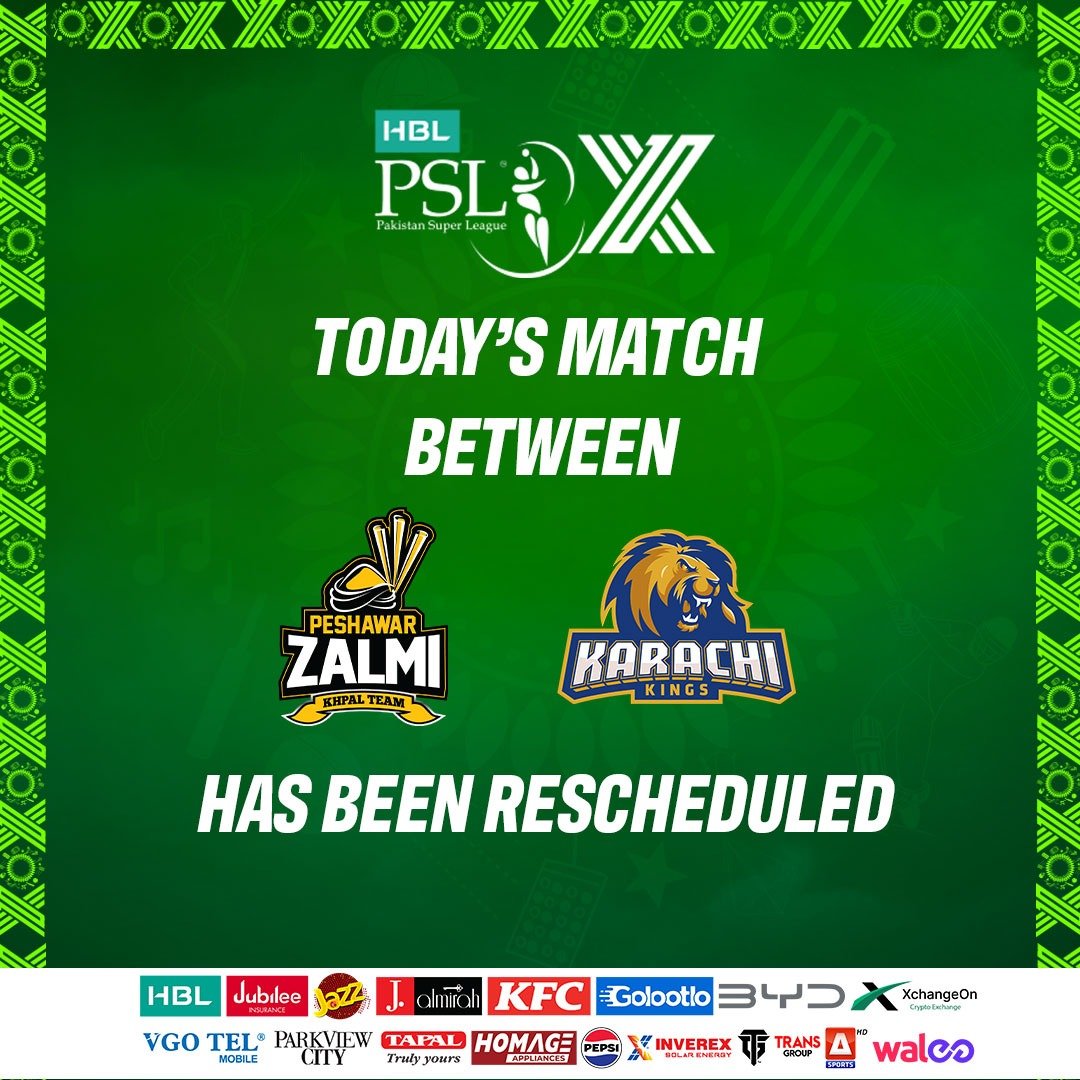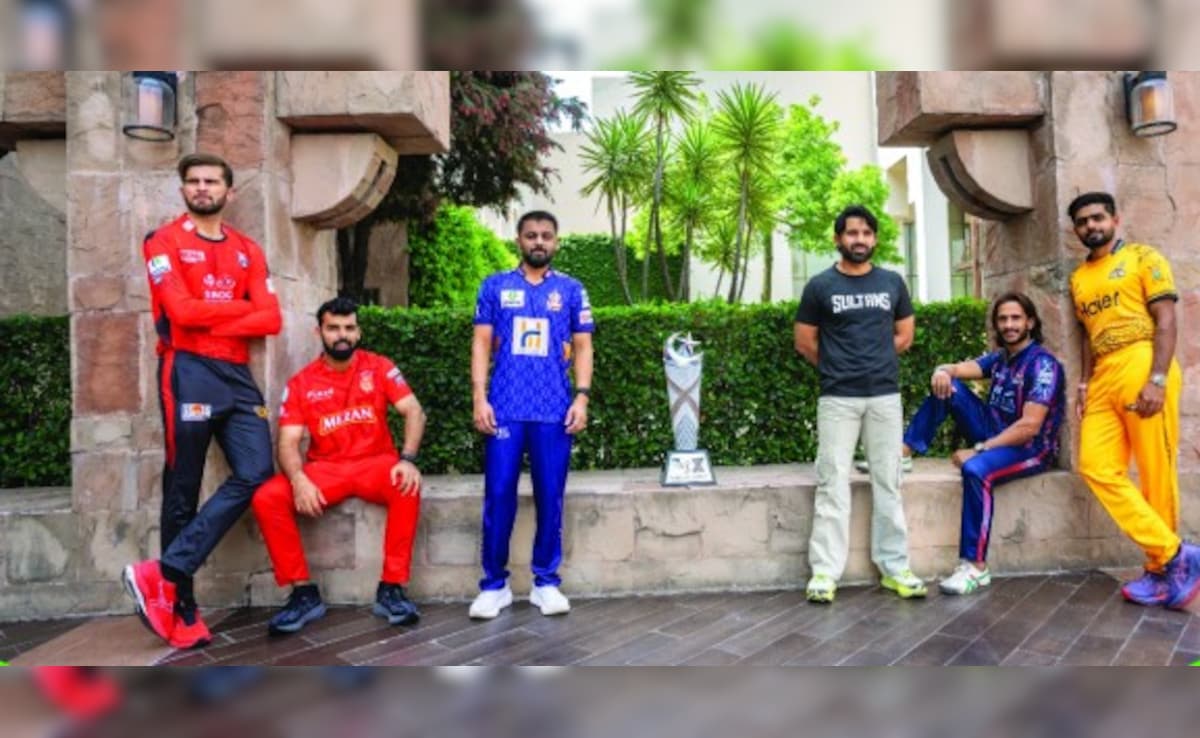The Pakistan Super League cPSLc faced a significant setback with the cancellation of the match between Peshawar Zalmi and Karachi Kings in Rawalpindi. This decision came after Indian Armed Forces targeted the Air Defence Radars and systems at various locations, escalating tensions between the two nations. The suspension of this match has not only affected the sporting event but has also created ripples of concern for foreign players and officials involved in the league.
The incident prompted the Pakistan Cricket Board cPCBc to evaluate the security situation and consider alternative arrangements for the remaining PSL matches. Amidst rising uncertainties, PCB officials are contemplating relocating all upcoming matches to three venues – Karachi, Doha, and Dubai. This strategic move aims to ensure the safety and smooth conduct of the league in light of recent developments.
Despite the initial assertion by the PCB that PSL would continue as scheduled, the evolving circumstances have necessitated a reassessment of the situation. Former Pakistan cricketers have expressed shock over the cancellation of the Rawalpindi match, highlighting the apprehensions and challenges faced by foreign players in the current volatile environment. Concerns regarding the safety and well-being of participants have prompted discussions between the PCB and relevant authorities to chart the way forward.
The recent military actions between India and Pakistan have not only impacted the sporting arena but have broader implications on regional stability. The retaliatory strikes and counterattacks have intensified tensions, leading to a cloud of uncertainty hanging over various aspects of bilateral relations, including sports diplomacy. The disruption of the PSL match serves as a stark reminder of the fragile geopolitical landscape in the region and the fragility of cross-border engagements.
The swift response from both countries underscores the deep-rooted animosities and strategic sensitivities that underpin their interactions. The targeted strikes and countermeasures reflect a complex web of historical grievances and contemporary power dynamics that shape the actions of both nations. The implications of these military exchanges extend beyond the immediate context, influencing diverse sectors, including sports, that are susceptible to geopolitical pressures.
In the wake of these developments, the PCB finds itself at a crossroads, navigating the challenges of ensuring the safety of players, officials, and spectators while upholding the spirit of the game. The urgent meeting convened by the PCB with PSL franchises signals a proactive approach to address the logistical and operational challenges posed by the altered security landscape. The discussions at the Gaddafi Stadium in Lahore are pivotal in determining the feasibility of conducting the remaining PSL matches and charting a path forward amidst the prevailing uncertainties.
As the PCB deliberates on the alternative options for hosting the PSL matches and safeguards against disruptions, the broader implications for cricket in the region come to the fore. The seamless conduct of sporting events requires a conducive environment that fosters camaraderie and competition, transcending political tensions and conflicts. The decision-making process undertaken by the PCB reflects a delicate balancing act between safeguarding the interests of all stakeholders and upholding the integrity of the sport in challenging times.
In conclusion, the cancellation of the PSL match serves as a sobering reminder of the interconnectedness between sports and geopolitics. The evolving situation underscores the need for prudent decision-making and contingency planning to navigate the complexities of hosting major sporting events amidst heightened security concerns. The resilience and adaptability demonstrated by cricketing authorities in the face of adversity reflect a commitment to preserving the essence of sportsmanship and solidarity in turbulent times.



